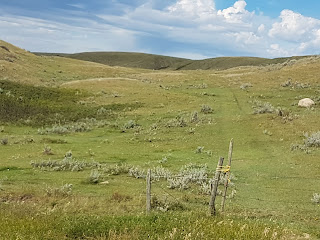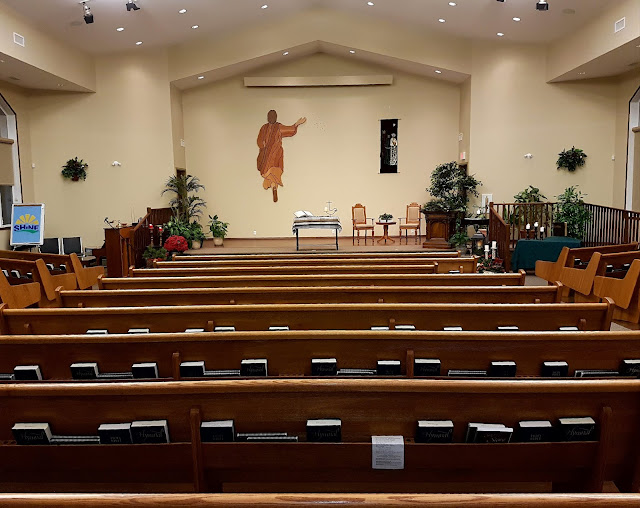The LORD of Everything . . .

Grasslands Psalm 24 The earth is the Lord ’s , and everything in it, the world, and all who live in it; for he founded it on the seas and established it on the waters . . . Psalm 24 follows that iconic Psalm that most of us who grew up in a church know by heart: “The LORD is my shepherd, I shall not want . . . etc.” Psalm 23 sings like a lullaby, an assurance of protection, of safety, “still waters” and “green pastures,” and tables laden with abundant food. Many have survived hard times with help from the assurances of Psalm 23. But Psalm 24 paints the God of the Hebrew people as king, not as shepherd. A triumphal hymn of conquest and praise, it presents a different image of the God of Jacob, and Abraham, Noah and Moses: “Who is this King of glory? The Lord strong and mighty, the Lord mighty in battle.” Why the contrast? Or is it a contrast? You and I are not the first to attempt reconciling the “Lord strong and mighty” with the gentle shepherd. Some hav...


